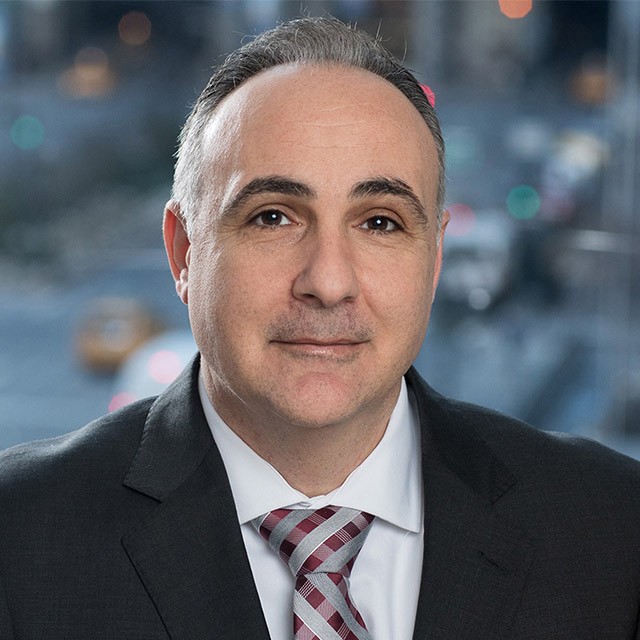Overview
VFRAC was formed in 2019 to provide strategic input and advice for Public Safety. The council is made up of highly respected, accomplished leaders who represent a wide range of the public safety community, including emergency management, fire, public health and law enforcement.
Rebuilding New York’s fire dept. after 9/11
Sal Cassano spent 40+ years on the FDNY, serving as a crucial leader before, during and after the 9/11 terrorist attacks that took the lives of more than 300 members of the department.
Listen to the podcast
Expert insight and knowledge
For 30+ years, Verizon has supported Public Safety with an unwavering commitment—strengthened by the council. Our members provide thought leadership benefitting first responder agencies and communities. The council also helps us equip public safety professionals with reliable, tailored solutions and technologies to help keep communities safe.
Our members
Get to know the people who make up the council and explore their remarkable career paths.
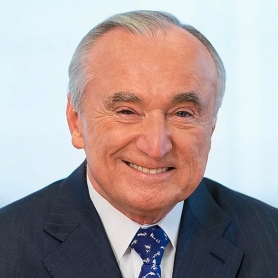
Chair William J. Bratton
One of the world’s most respected and trusted experts on risk and security issues
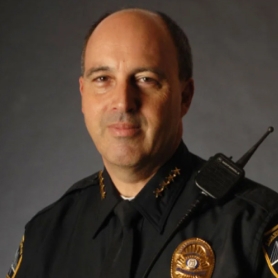
Michael Berkow
Served as Director for the Coast Guard, Chief of Police in four cities and Deputy Chief for the LAPD
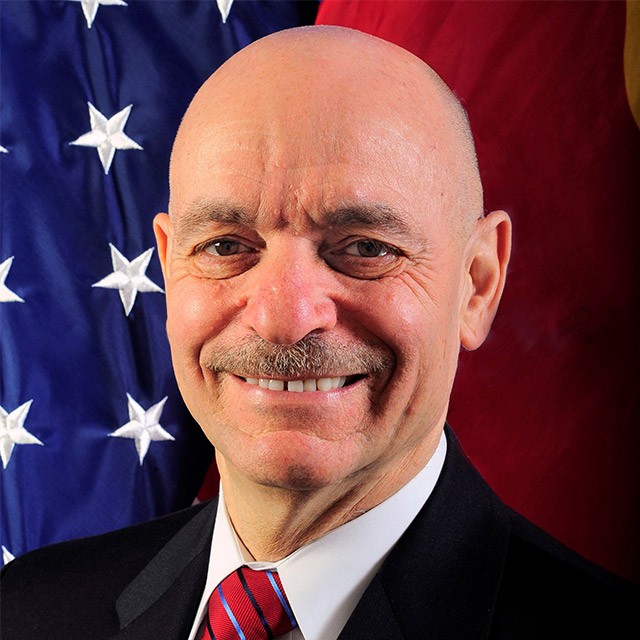
Salvatore Cassano
Spent 44+ years in the FDNY, and held every uniformed rank, including Fire Commissioner
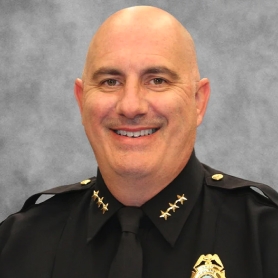
Brian Dugan
Served for 31 years with the Tampa Police Department, including his final 4 years as Chief of Police
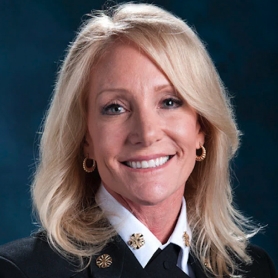
Kara Kalkbrenner
Served for 37+ years in every operational capacity within the Phoenix Fire Department’s 6 divisions
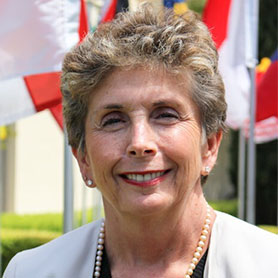
Dr. Kathleen L. Kiernan
A distinguished leader with over three decades of expertise in national security and emergency management, currently serving as President and Chair of the Board of NEC National Security Systems
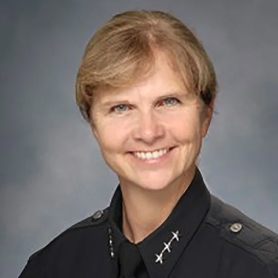
Sandy Jo MacArthur
Spent 40+ years with the LAPD, 35 of which were full time and 5 as a reserve officer
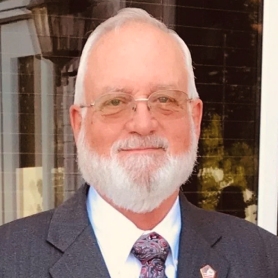
Edward P. Plaugher
Former Assistant Executive Director of the IAFC, and its Director of National Programs and Consulting Services
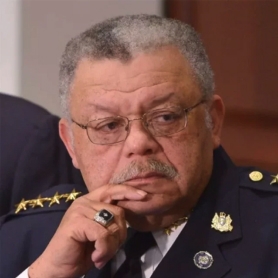
Charles H. Ramsey
A leader in developing innovative policing strategies and organizational change, and internationally recognized as a practitioner and educator
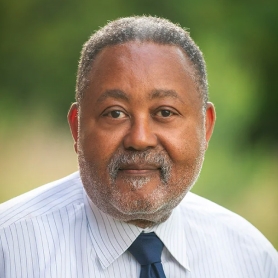
Ellis M. Stanley Sr.
Possesses 40+ years of practitioner experience in emergency management, homeland security and major event planning
Faces of Verizon Frontline
Tetoya Gibson Preston and Jake Hayes
Meet two of our Crisis Response Managers who help provide mission-critical communication solutions to assist with emergency relief efforts nationwide.
Bill Bratton
Learn about the man who helped give NYPD officers a smartphone with custom-designed apps and put a tablet in every patrol car.
News and events
Discover announcements and learn about Verizon-led discussions and presentations, across the country, on public safety solutions.
Verizon Business Innovation Sessions
Join our collaborative event series to explore how our advanced network and innovative solutions can help businesses achieve their unique goals and continue their digital transformation.
IACP 2024 conference
Register for the 2024 International Association of Chiefs of Police 2024 conference and join more than 16,000 public safety professionals for this four-day event of law enforcement education and networking.
FAQs
The VFRAC plays a critical role in disaster preparedness and resilience planning by serving as a strategic partner and advisor to Verizon on the unique needs of public safety agencies. VFRAC collaborates closely with first responders, government agencies and community leaders to develop and refine essential communication solutions during emergencies. By leveraging the insights of its members, who are seasoned professionals in emergency management, the VFRAC ensures that the Verizon Frontline technologies and services—backed by the transformative power of the Verizon 5G network—are designed to enhance situational awareness, streamline communication and support effective disaster response.
In practice, the VFRAC partners with the Verizon Frontline Crisis Response Team, which deploys to support first responders during hurricanes, wildfires and other disasters. The council’s input is instrumental in tailoring Verizon’s innovative and first-of-their-kind solutions to meet the evolving challenges faced by public safety agencies, strengthening community resilience and ensuring that critical communication lines remain open during crises.
The members of the VFRAC share several notable accomplishments and experiences, reflecting their extensive backgrounds in public safety and emergency response. Here are the common accomplishments among the council members:
- Leadership in public safety: Many members have held leadership roles within police, fire and emergency medical services (EMS)—they have been chiefs, commissioners or directors, leading large teams and managing significant public safety operations.
- Experience in crisis management: The council members have extensive experience in handling large-scale emergencies and disasters, including managing response efforts during hurricanes, wildfires, terrorist attacks and other critical incidents, demonstrating their capability in high-pressure situations.
- Innovation in public safety technology: Several members have been involved in pioneering new technologies and strategies to improve public safety, including implementing advanced communication systems, integrating new tools for situational awareness and enhancing data-driven decision-making processes within their respective agencies.
- Advisory and consultancy roles: Many members have served as advisors or consultants to various governmental and non-governmental organizations, where they have provided expert guidance on public safety policies and strategies, as well as the integration of new technologies.
- Recognition and awards: The council members have been recognized with numerous awards and honors for their contributions to public safety, highlighting their commitment to enhancing safety and security for communities across the country.
